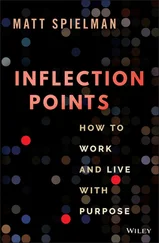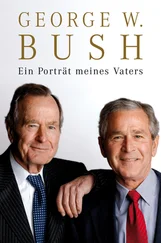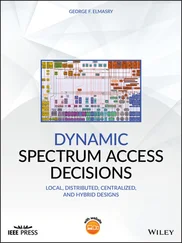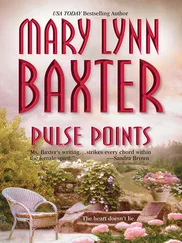I liked the idea of nominating Harriet. She had been a legal pioneer in Texas—the first woman president of a major Texas law firm, the Dallas Bar Association, and the State Bar of Texas. She had been elected to the Dallas City Council, directed the Texas Lottery Commission, and served nearly five years in top White House positions. There was no doubt in my mind that she shared my judicial philosophy and that her outlook would not change. She would make an outstanding justice.
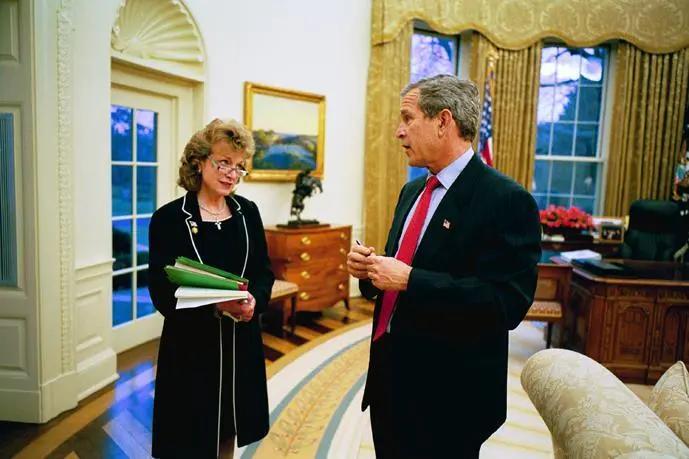
With Harriet Miers in the Oval Office. White House/Eric Draper
I asked Harriet if she had any interest in the job. She was surprised—more like shocked—but she said she would serve if I asked. I raised the idea with other members of the search group. Harriet’s colleagues loved and respected her, and some thought she would be a good choice. Others argued that it was too risky to pick someone with no established record on the bench, or that we would be accused of cronyism. Several told me bluntly that she was not the right choice. None told me to expect the firestorm of criticism we received from our supporters.
The decision came down to Harriet and Priscilla Owen. I decided to go with Harriet. I knew her better. I thought she had a better chance to be confirmed. And she would bring a unique perspective to the Court as someone outside the judicial fraternity. Initially, a number of senators and judges praised the selection. Their voices, however, were quickly drowned out. On the right, initial whispers of disbelief turned to howls of incredulity. How could I name someone with so little experience? How could they trust the judicial philosophy of someone they didn’t know?
It seemed to me that there was another argument against Harriet, one that went largely unspoken: How could I name someone who did not run in elite legal circles? Harriet had not gone to an Ivy League law school. Her personal style compounded the doubts. She is not glib. She is not fancy. She thinks hard before she speaks—a trait so rare in Washington that it was mistaken for intellectual slowness. As one conservative critic condescendingly put it, “However nice, helpful, prompt, and tidy she is, Harriet Miers isn’t qualified to play a Supreme Court justice on The West Wing , let alone to be a real one.”
All of these criticisms came from so-called friends. When the left started criticizing Harriet, too, I knew the nomination was doomed. After three terrible weeks, I got a call in my office in the Treaty Room, where I was working late in the evening. The White House operator told me Harriet was on the phone. In a steady, composed voice, she informed me that she thought it best that she withdraw from consideration for the Supreme Court. As much as it pained me, I agreed.
While I know Harriet would have made a fine justice, I didn’t think enough about how the selection would be perceived by others. I put my friend in an impossible situation. If I had it to do over again, I would not have thrown Harriet to the wolves of Washington.
The morning after the announcement, Harriet reported to work, just like on any other day. She went office to office in the West Wing, lifting the spirits of the many colleagues, junior and senior, who were saddened to see a person they admired treated so wrongly. When she came to the Oval Office, I said, “Thank goodness you withdrew. I still have a great lawyer.” She smiled and said, “Mr. President, I am ready to lead the search for your next nominee.”

I had to get the next pick right. While the idea of selecting a woman still appealed to me, I could not find any as qualified as Sam Alito. Sam is as reserved as they come. When we first sat down for the interview, he seemed ill at ease. I tried the old common-ground icebreaker—in this case, baseball. Sam is a huge Philadelphia Phillies fan. As we talked about the game, his body language changed. He opened up a little about his life and the law. He was scholarly, but practical. He had been a federal prosecutor in New Jersey before moving to the Third Circuit Court of Appeals in 1990. His opinions were well grounded and tightly argued. There was no doubt he would adhere strictly to the Constitution.
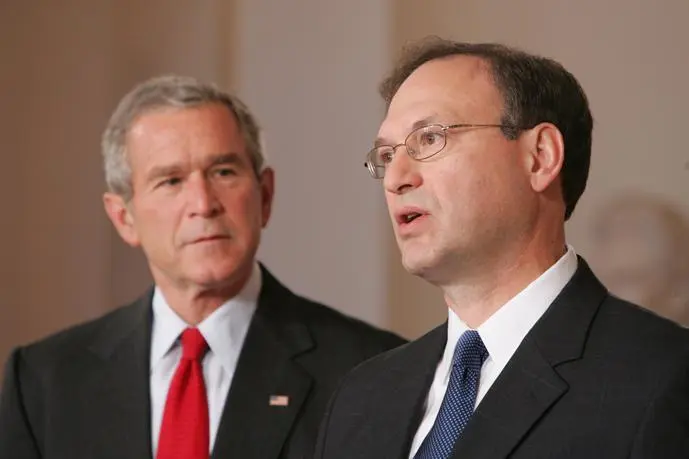
With Sam Alito. White House/Paul Morse
Four days after Harriet withdrew, I met with Sam in the Oval Office and offered him the job. He accepted. Our supporters were elated. Our critics knew they would not be able to block Sam’s confirmation, but they subjected him to a nasty hearing anyway. They tried to paint him as a racist, a radical, a bigot, anything they could think of—all based on zero evidence. I was disgusted by the demagoguery. As one senator recounted the false charges, Sam’s wife, Martha Ann, broke into tears. Her reaction was so genuine that even some Democrats realized they had gone too far.
After the Senate confirmed Sam to the Court, I invited him and his family to the White House for his swearing-in. Before we went out for the ceremony, I had a moment alone with Sam. I thanked him for enduring the hearings and wished him well on the Court. Then I said, “Sam, you ought to thank Harriet Miers for making this possible.” He replied, “Mr. President, you’re exactly right.”

The most emotional personnel decision I had to make was the last one of my presidency. The roots of my dilemma stretched back to the summer of 2003. Our troops in Iraq had not found the weapons of mass destruction we all expected, and the media’s scramble for a scapegoat had commenced. In my 2003 State of the Union address, I had cited a British intelligence report that Iraq sought to buy uranium from Niger. The single sentence in my five-thousand-word speech was not a major point in the case against Saddam. The British stood by the intelligence.*** Yet those sixteen words became a political controversy and a massive distraction.
In July 2003, former ambassador Joseph Wilson wrote a New York Times column alleging that the administration had ignored his skeptical findings when he traveled to Africa to investigate the Iraq-Niger connection. There were serious questions about the accuracy and thoroughness of Wilson’s report, but his charge became a prime talking point for critics of the war. Shortly after Wilson’s op-ed, longtime Washington columnist Bob Novak reported that Wilson had been sent to Niger not by Dick Cheney or any senior member of the administration, as Wilson had suggested, but on the recommendation of his wife, Valerie Plame, who worked at the CIA.
Then it came out that Wilson’s wife’s position was classified. Critics alleged that someone in my administration had committed a crime by intentionally leaking the identity of a CIA operative. The Justice Department named a special prosecutor to investigate.
I was inherently skeptical of special prosecutors. I remembered how Lawrence Walsh had politicized his investigation of Iran-Contra during the 1992 campaign. But an intelligence leak was a serious matter, and I directed my staff to cooperate fully. U.S. Attorney Patrick Fitzgerald interviewed most of the team, including me. Early in the process, Deputy Secretary of State Richard Armitage informed Fitzgerald that he had provided Novak with the information about Plame. Nevertheless, the special prosecutor continued to investigate.
Over the course of more than two years, Fitzgerald brought numerous administration officials before a grand jury, including Dick’s chief of staff, Scooter Libby. After two appearances by Scooter, Fitzgerald produced an indictment for perjury, obstruction of justice, and making false statements. Scooter went to trial and was convicted. In June 2007 he was sentenced to thirty months in prison.
Читать дальше









